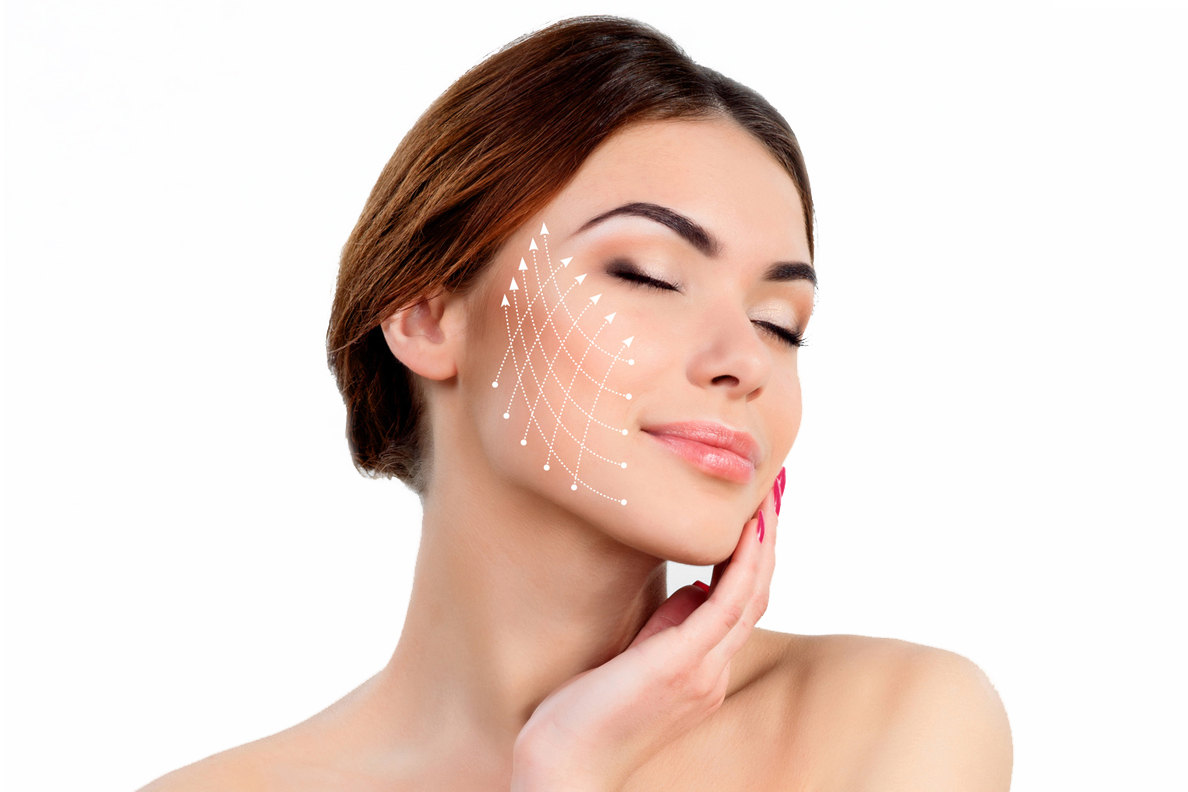Most people understand that brushing and flossing are important. But there’s another crucial step that often gets overlooked: professional dental cleanings. These routine appointments do much more than just polish teeth. They’re a cornerstone of good oral health and overall wellness.
Brushing and flossing daily is important — but it’s not enough on its own. Professional dental cleanings are an important part of maintaining your oral health and preventing problems before they start. For most people, a cleaning every six months is recommended.
However, if you have gum disease, braces or another dental problem, your dentist may recommend more frequent checkups. Missed cleanings can cause plaque, tartar and bacteria to damage your teeth and gums — sometimes beyond repair. Regular professional care and good home habits are the best defenses for a healthy and confident smile.
What Happens During Dental Cleanings?
Professional dental cleanings involve several important steps. The dental hygienist starts by examining the mouth for any signs of trouble. They look for cavities, gum disease, and other potential issues. Next comes the actual cleaning process.
The hygienist removes plaque and tartar buildup with the help of special tools. This sticky film contains bacteria which can cause serious problems if left untreated. Even people who brush and floss regularly can’t remove all the plaque from hard-to-reach areas. That’s where professional cleaning makes a real difference.
After removing the buildup, the hygienist polishes the teeth with a gritty paste. This step removes surface stains and leaves teeth feeling smooth and clean. The final step usually involves fluoride treatment to strengthen tooth enamel.
The Hidden Benefits beyond Clean Teeth
Regular dental cleanings offer benefits that go far beyond having a bright smile. Here are some key advantages:
Early Problem Detection: Dental professionals can spot issues before they become painful and expensive. Small cavities are much easier to treat than large ones that require crowns or root canals.
Gum Disease Prevention: Gum disease affects millions of Americans and can result in tooth loss. Moreover, it has been linked to heart disease and diabetes. Professional cleanings can help prevent this serious condition.
Fresh Breath: Persistent bad breath often comes from bacteria buildup that regular brushing can’t eliminate. Professional cleaning removes these odor-causing bacteria.
Stain Removal: Coffee, tea, wine, and tobacco can stain teeth over time. Professional cleaning helps remove these stains and restore natural whiteness.
How Often Should You Schedule Cleanings?
Most dental professionals recommend dental cleanings every six months. This timeframe allows for effective plaque removal before it hardens into tartar. However, some people may need more frequent visits.
Those with gum disease, diabetes, or a history of cavities might benefit from cleanings every three to four months. Smokers and people who drink lots of coffee or tea may also need more frequent appointments. The dental team at your dental office can recommend the best schedule depending on individual needs.
What to Expect During Your Visit
Many people feel nervous about dental cleanings. However, knowing what to expect reduces anxiety. The appointment mostly lasts 30 to 60 minutes. Most of this time involves the actual cleaning process.
The hygienist will ask you about any changes in health or medications. They’ll also inquire about any areas of concern or sensitivity. During the cleaning, there might be some mild discomfort, especially if it’s been a while since the last visit. This is normal and temporary.
After the cleaning, the dentist usually performs a brief examination. They’ll check for any issues the hygienist might have missed and discuss any necessary treatments.
Making the Most of Your Cleaning Appointment
To get the best results from dental cleanings, preparation helps. Brush and floss before the appointment, but don’t worry about having perfect teeth. The whole point is to get them professionally cleaned.
Bring a list of any medications and be honest about oral health habits. If certain areas are sensitive or painful, mention this to the hygienist. They can adjust their technique to make the experience more comfortable.
Don’t eat or drink anything that might stain teeth right after the cleaning. The teeth are more susceptible to staining immediately following the procedure.
The Cost of Skipping Regular Cleanings
Avoiding dental cleanings might seem like a way to save money, but it often costs more in the long run. Small problems that could be caught during routine cleanings can develop into major issues requiring expensive treatments.
Gum disease treatment, root canals, and tooth replacements all cost significantly more than regular preventive care. Most dental insurance plans cover cleanings completely, recognizing their importance in preventing bigger problems.
Taking the Next Step
Regular dental cleanings are an investment in long-term health and well-being. They prevent serious problems, keep teeth looking their best, and contribute to overall health. Don’t wait until problems develop to schedule an appointment.
Most of us brush and floss daily, but even the most careful oral hygiene at home is no substitute for a professional dental cleaning. Regular cleanings by a dentist are essential to keeping your mouth healthy, preventing disease and keeping your smile bright and fresh. Still, many people put it off or put it off — often until a problem arises. Here’s why you shouldn’t wait.
Contact a local dental practice to schedule your next cleaning. It shows you are committed to your health.

